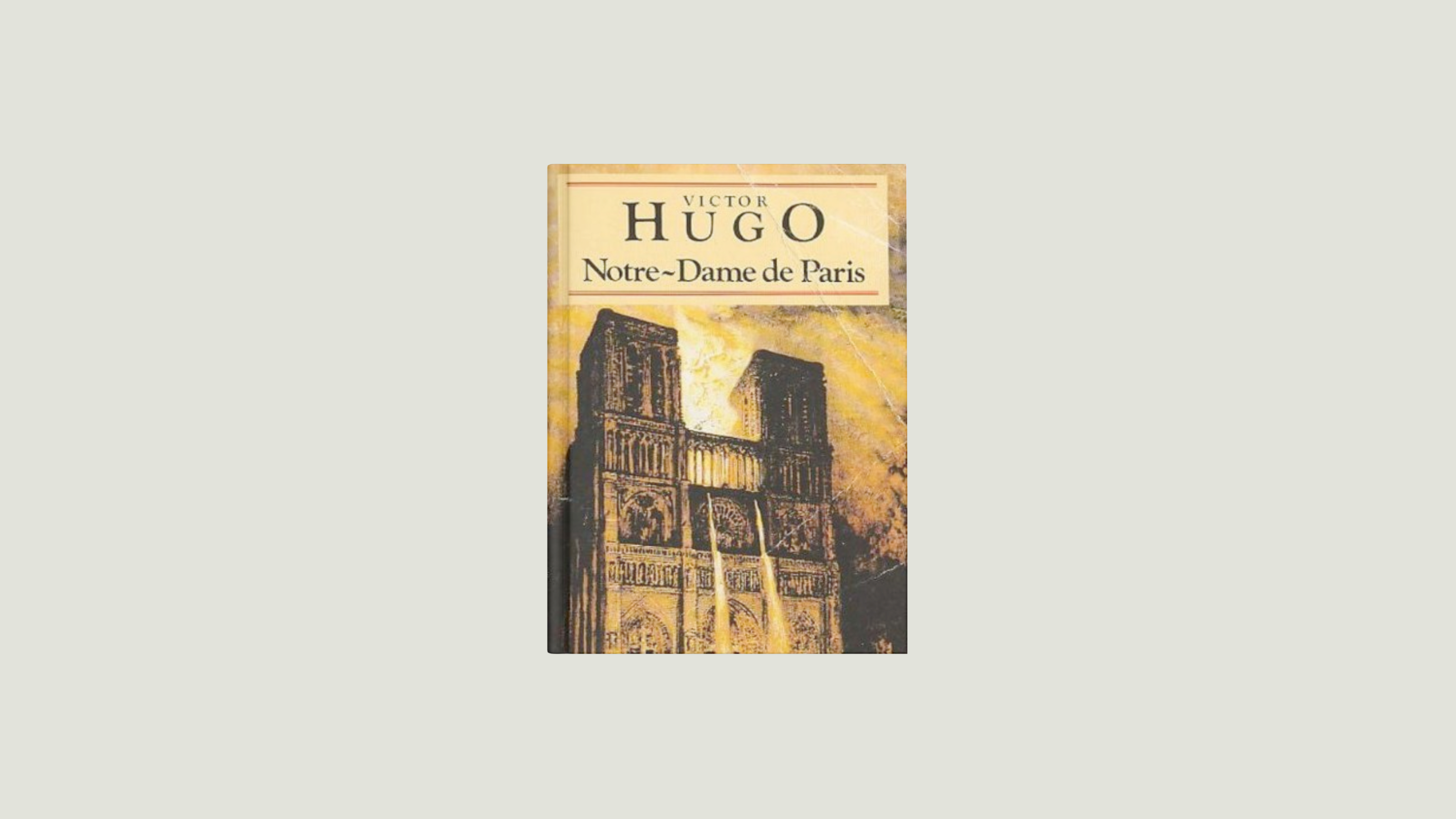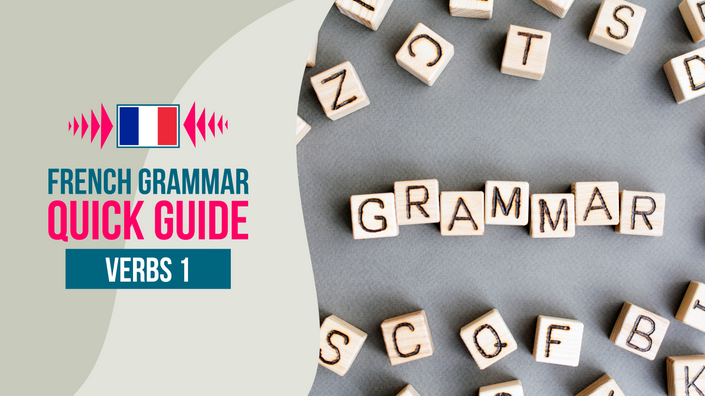
Definite articles in French
Let’s have a look at the definite articles in French.
What are definite articles?
The word “the” is called a definite article. The reason it’s called a definite article is because it refers to a specific thing. You could say to somebody who has a tea, a coffee and a hot chocolate, “I would like the hot chocolate”, and you would be definite in which one you’re asking for.
In English, there is only one definite article, which, as I said, is “the”.
the tree
the elephant
the lobsters
the astronaut
the cars
the igloos
What are the definite articles in French?
In French, there are three definite articles: a masculine version, a feminine version and a plural version
Masculine – le
Feminine – la
Plural – les
The pronunciation of the word “le” is “leugh”.
The pronunciation of the word “la” is “lah”.
The pronunciation of the word “les” is “leh”.
So, “le”, “la” and “les” are the definite articles in French. The version you use depends on whether the noun it goes in front of is a masculine noun, a feminine noun or a plural noun. If it’s plural, it doesn’t matter whether it’s masculine or feminine; you simply use “les”.
You put the word “le” in front of nouns that are masculine and singular, you put the word “la” in front of nouns that are feminine and singular. You put “les” in front of nouns that are plural.
Here are some examples:
le café – the coffee
le thé – the tea
le restaurant – the restaurant
le garçon – the boy
la table – the table
la réservation – the reservation
la dinde – the turkey
la fille – the girl
les restaurants – the restaurants
les garçons – the boys
les tables – the tables
les filles – the girls
Nouns that start with a vowel
In front of a noun that starts with a vowel or the letter H, the singular words for “the” (le and la) shorten to L’. This is simply to make it easier to say:
l’addition – the bill
l’hôtel – the hotel
l’éléphant – the elephant
In the plural, the word “les” doesn’t change in front of nouns that start with a vowel or a H
les additions – the bills
les hôtels – the hotels
les éléphants – the elephants
Let's practise
Have a go at saying the sentences below in French. Firstly, here’s some vocabulary you may need:
MASCULINE NOUNS
croissant – croissant
passport – passeport
book – livre
coffee – café
dog – chien
cat – chat
hotel – hôtel
FEMININE NOUNS
house – maison
car – voiture
bill – addition
key – clé
table – table
EXTRA VOCABULARY
I would like – je voudrais
do you have? – avez-vous?
can I? – puis-je?
take – prendre
do you want? – voulez-vous?
I like – j’aime
do you like? – aimez-vous?
is – est
here – ici
How would you say these sentences in French?
- I would like the croissant
- Do you have the key?
- Can I take the passports?
- Do you want the books?
- Do you have the book?
- I would like the key
- I like the car
- I would like the bill
- Do you like the house?
- I like the coffee
- I have the keys
- Can I take the croissants?
- Do you have the passport?
- Do you like the cars?
- I like the houses here
- Do you like the dog?
- I like the cat
- The table is here
- The hotel is here
- Do you have the bill?
ANSWERS
- Je voudrais le croissant
- Avez-vous la clé?
- Puis-je prendre les passeports?
- Voulez-vous les livres?
- Avez-vous le livre?
- Je voudrais la clé
- J’aime la voiture
- Je voudrais l’addition
- Aimez-vous la maison?
- J’aime le café
- J’ai les clés
- Puis-je prendre les croissants?
- Avez-vous le passeport?
- Aimez-vous les voitures?
- J’aime les maisons ici
- Aimez-vous le chien?
- J’aime le chat
- La table est ici
- L’hôtel est ici
- Avez-vous l’addition?
In context
It’s always good to look at rules in context, because it helps to solidify them in your mind. So, let’s read through a few paragraphs from Victor Hugo’s novel, “Notre-Dame de Paris”, or, “The Hunchback of Notre-Dame” in English. We’ll focus on any indefinite articles we see

CHAPITRE 1: LA GRAND'SALLE
Il y a aujourd’hui trois cent quarante-huit ans six mois et dix-neuf jours que les Parisiens s’éveillèrent au bruit de toutes les cloches sonnant à grande volée dans la triple enceinte de la Cité, de l’Université et de la Ville.
Ce n’est cependant pas un jour dont l’histoire ait gardé souvenir que le 6 janvier 1482. Rien de notable dans l’événement qui mettait ainsi en branle, dès le matin, les cloches et les bourgeois de Paris. Ce n’était ni un assaut de Picards ou de Bourguignons, ni une châsse menée en procession, ni une révolte d’écoliers dans la ville de Laas, ni une entrée de notredit très redouté seigneur monsieur le roi, ni même une belle pendaison de larrons et de larronnesses à la Justice de Paris. Ce n’était pas non plus la survenue, si fréquente au quinzième siècle, de quelque ambassade chamarrée et empanachée. Il y avait à peine deux jours que la dernière cavalcade de ce genre, celle des ambassadeurs flamands chargés de conclure le mariage entre le dauphin et Marguerite de Flandre, avait fait son entrée à Paris, au grand ennui de M. le cardinal de Bourbon, qui, pour plaire au roi, avait dû faire bonne mine à toute cette rustique cohue de bourgmestres flamands, et les régaler, en son hôtel de Bourbon, d’une moult belle moralité, sotie et farce, tandis qu’une pluie battante inondait à sa porte ses magnifiques tapisseries.
Le 6 janvier, ce qui mettait en émotion tout le populaire de Paris, comme dit Jehan de Troyes, c’était la double solennité, réunie depuis un temps immémorial, du jour des rois et de la fête des fous.
la grande salle — the great hall
les Parisiens — the Parisians
les cloches — the bells
la triple enceinte — the triple enclosure
la cité — the city
l'université — the university
la ville — the town
l'histoire — the history
le 6 janvier — the 6th January
l'événement — the events
le matin — the morning
les bourgeois — the middle-class
le roi — the king
la Justice — the Justice Court
la survenue — the appearance
la dernière cavalcade — the last procession
le mariage — the marriage
le dauphin — the heir apparent
le cardinal — the cardinal
le Populaire de Paris — the people of Paris
la double solennité — the double solemnity
la fête — the feast
Get three courses in one bundle, and save money
-

Courses 1, 2 & 3
Get this bundle -

Courses 4, 5 & 6
Get this bundle -

Courses 7, 8 & 9
Get this bundle
Course 2, Building Structures and grammar courses
-

Course 2
Get this course -

Building Structures
Get this course -

Quick Guide
Get this course
All my French courses

Building Structures in French
Quick Guides
French grammar
Essential French grammar - Future | Conditional | Imperfect
All my Spanish courses

Building Structures in Spanish
Quick Guides
Spanish grammar
Essential French grammar - Future | Conditional | Imperfect
All my German courses

Building Structures in German
Quick Guides
German grammar
Essential French grammar - Future | Conditional | Imperfect
All my Italian courses

Building Structures in Italian
Quick Guides
Italian grammar
Essential French grammar - Future | Conditional | Imperfect
All my Portuguese courses

Building Structures in Portuguese
Quick Guides
Portuguese grammar
Essential French grammar - Future | Conditional | Imperfect






